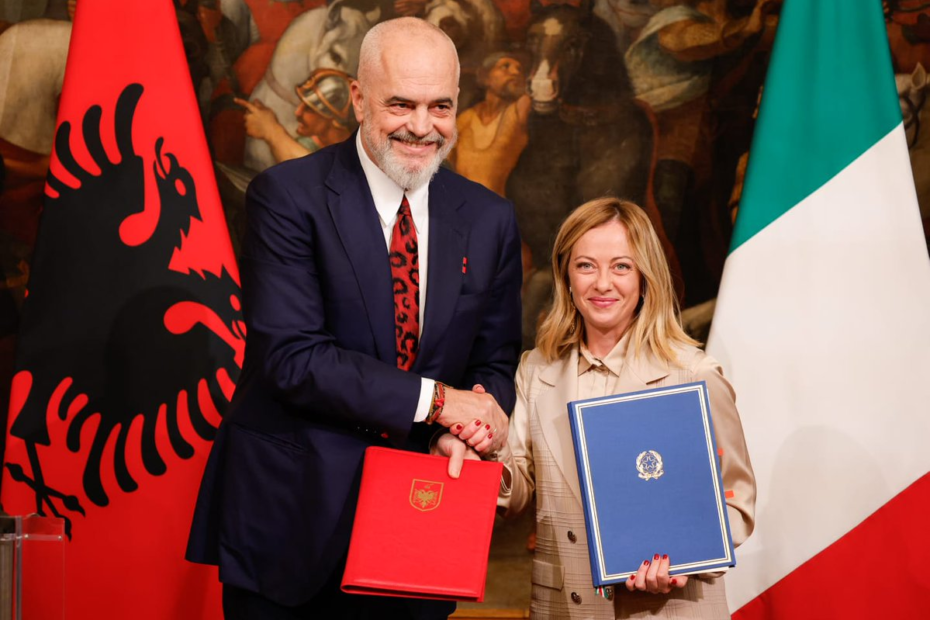On plans to extend use of chemical castration for sex offenders in England
Secretary of State for Justice Shabana Mahmood is reportedly looking into a potential ‘national rollout of voluntary chemical castration for sex offenders’. The proposal is one of the recommendations outlined in the recently published Independent Sentencing Review led by former Lord Chancellor David Gauke, commissioned to investigate ‘the prison overcrowding crisis and to consider alternative… Read More »On plans to extend use of chemical castration for sex offenders in England










